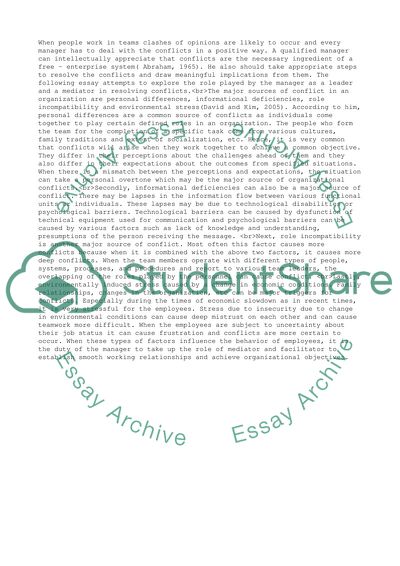Cite this document
(“Conflict Management Theory and The Role of Manager Assignment”, n.d.)
Conflict Management Theory and The Role of Manager Assignment. Retrieved from https://studentshare.org/management/1533685-conflict-management-theory
Conflict Management Theory and The Role of Manager Assignment. Retrieved from https://studentshare.org/management/1533685-conflict-management-theory
(Conflict Management Theory and The Role of Manager Assignment)
Conflict Management Theory and The Role of Manager Assignment. https://studentshare.org/management/1533685-conflict-management-theory.
Conflict Management Theory and The Role of Manager Assignment. https://studentshare.org/management/1533685-conflict-management-theory.
“Conflict Management Theory and The Role of Manager Assignment”, n.d. https://studentshare.org/management/1533685-conflict-management-theory.


